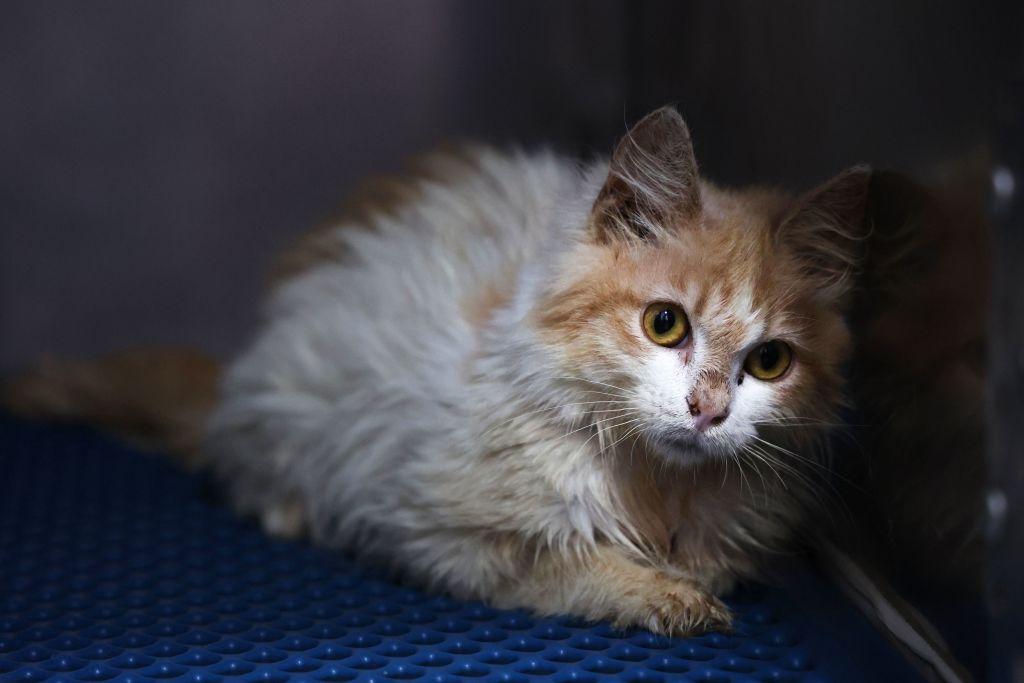Experts warn that a current nationwide shortage of cat vaccines could cause a “potentially catastrophic” pandemic for cats and kittens in Australia.
The vaccine in critically low supply is the general F3 vaccine that all kittens should be getting.

Experts warn that a current nationwide shortage of cat vaccines could cause a “potentially catastrophic” pandemic for cats and kittens in Australia.
The vaccine in critically low supply is the general F3 vaccine that all kittens should be getting.